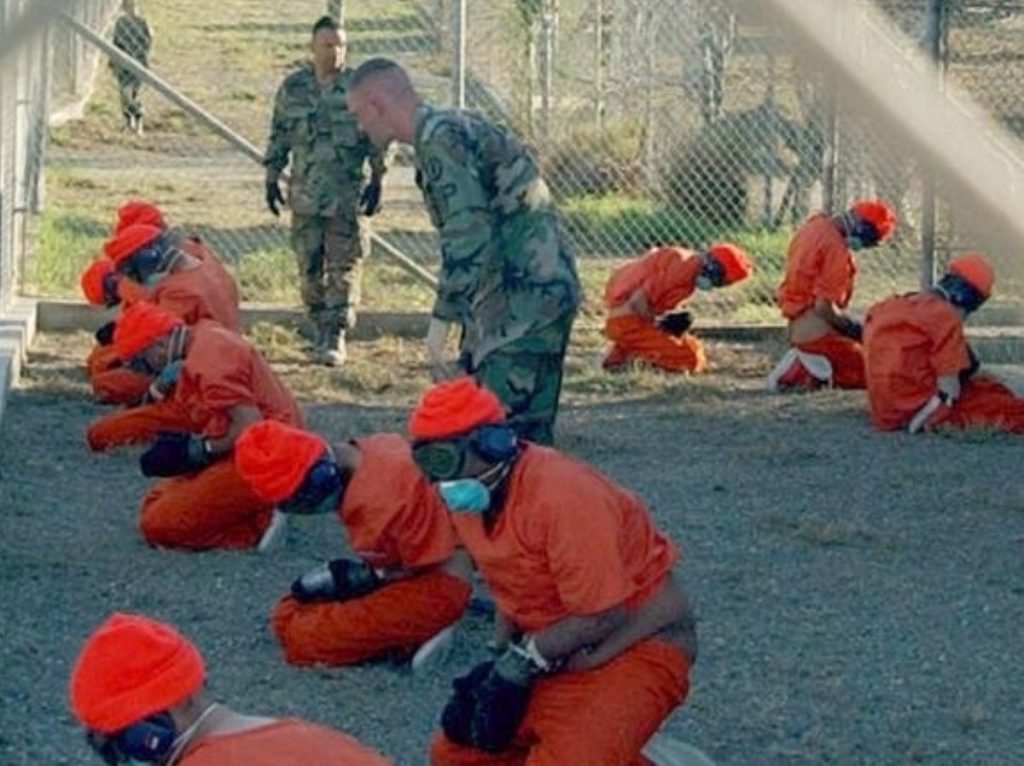The end of open justice? Amnesty in last-ditch battle over secrecy
Extending the government's ability to hide behind secret evidence "departs from traditional standards of fairness and open justice", Amnesty International has warned.
The human rights organisation has condemned 'secret justice' measures which have developed over the last ten years in its report out today.
Now the coalition government is looking to extend these measures to civil cases in the justice and security bill, which will be debated in the Lords later this month.
Cases where the government is accused of complicity in torture, enforced disappearances and other human rights violations could see individuals and their lawyers blocked from viewing evidence on national security grounds.


"The justice and security bill will enable the government to throw a cloak of secrecy over wrongdoing," Amnesty International UK researcher Alice Wyss said.
"We want the House of Lords to reject this bill unless it is very seriously amended, with the secret justice components removed."
The legislation's impact is far from academic. Recently a group of individuals alleged that the British government had been complicit in their rendition, unlawful detention and mistreatment, including while at Guantanamo Bay.
"The idea that you could go to court having had the most terrible things happen to you to sue for justice and be excluded from the proceedings and at the end just be told you've lost without being given the reasons for that decision, runs contrary to all notions of fairness, the rule of law and open justice," Richard Hermer QC commented.
Closed material procedures (CMP) would be introduced across the civil justice system under the terms of the bill.
They would also abolish the use of the legal method by which evidence of British officials’ involvement in torture and rendition was first brought to light, campaigners have warned.
Secret evidence is already permissible in at least 21 legal contexts, Amnesty said, including in appeals against terrorist prevention and investigation measures – the coalition's successor to New Labour's unpopular control orders regime which sees terror suspects put under indefinite house arrest without trial.

